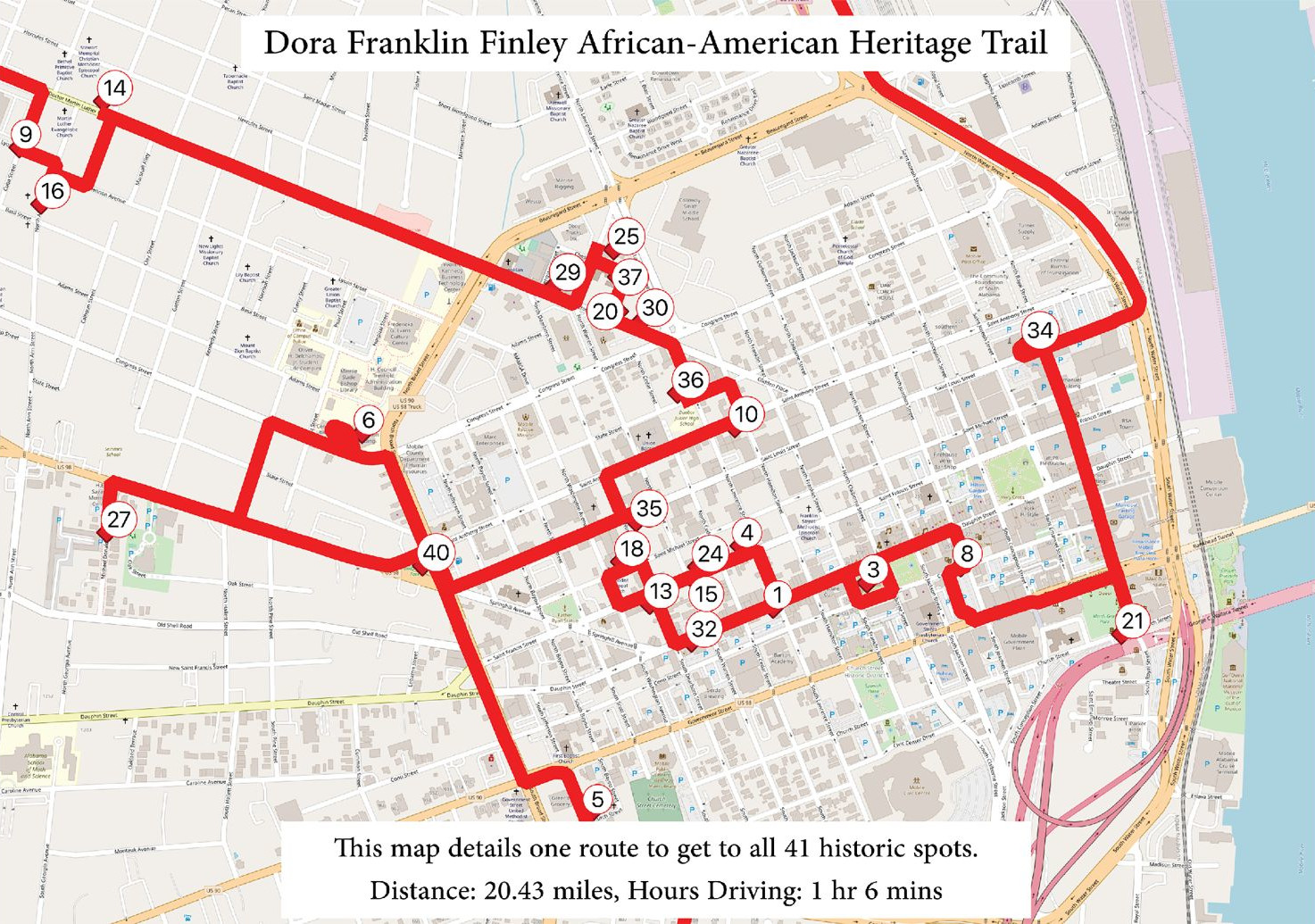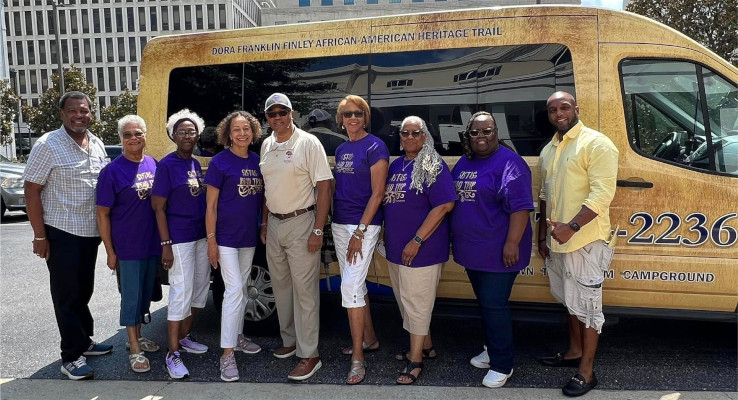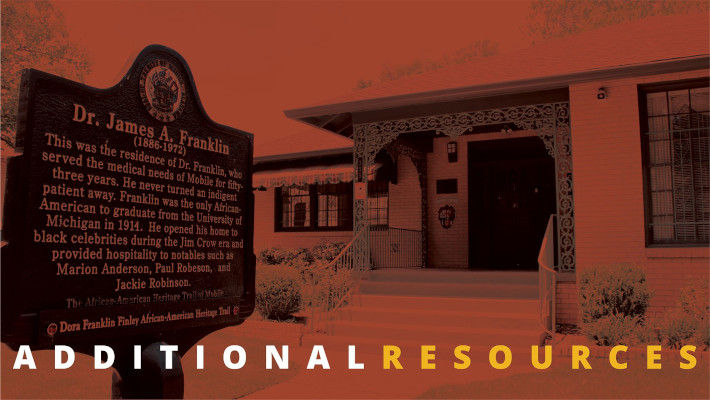
Dora Franklin Finley was born on October 18, 1952, in Mobile, Alabama. From an early age community service was instilled in her heart. Finley was the eldest daughter of the late James H. Finley, Sr. and Joycelyn Franklin Finley. Her parents were civil rights advocates who taught that each person must contribute to the physical and spiritual health of the community.
As a young woman, Finley participated in Neighborhood Organized Workers (NOW) marches, standing up to intolerance and advocating for equality. She and her mother, the first to teach black history in Mobile public schools, were both arrested along with hundreds of other activists during NOW’s demonstrations in 1969. As a high school junior, Finley formed and was president of the United Student Action Movement. The organization addressed issues regarding African American youth.
With that foundation and guiding principles, Finley moved between working in corporate America to teaching mathematics at John L. Leflore High School in Mobile, Alabama, and eventually spearheading the creation of the African American Heritage Trail in Mobile, Alabama.


After spending more than 30 years working in corporate America and raising a family, Finley’s focus on the welfare of her community became laser sharp. The skills and talents she developed serving 25 years as a logistics manager would be put to good use as she volunteered through her church and various community associations. Finley became a magnet, attracting numerous requests for her support in various community-based projects. Her close friend of 50 years, Sheila Flanagan, stated: “She was an organizer, a diplomat and she just inspired people to work with her and for her. I would tell everyone that I worked for Dora Finley. She inspired people to do what she wanted and she could get folks from all walks of life. I call them ‘Dora converts.’”
In 2006, Finley was asked by the Mobile City Council to help establish the African American Heritage Trail. Councilor William Carroll knew that in order to make the trail a reality, it would require a special person to lead and coordinate the effort that had so many different pieces, and Finley was that person. He said, “Without Dora, the African American Heritage Trail would have never been.” Through Finley’s leadership and efforts, forgotten and lost chapters of African American history in Mobile were discovered and preserved for all who visit the port city to enjoy. Today, there are more than 40 historic markers throughout Mobile County.

In 2011, Finley began working on the effort to restore the Cook’s House, the detached kitchen and servants’ quarters located on the Oakleigh Historic Complex and most likely one of the last remaining structures associated with Union Occupation and Emancipation in Mobile. Unfortunately, due to an illness, Finley passed away on June 8, 2012, before restoration had begun on the project. However, one of her last requests was that after her death, in lieu of flowers, her friends would donate to the Cook’s House project.
Finley stated “I leave a legacy of an African American historic trail that is illuminated by stories of Courageous Contributors recognizing their determination and struggle for the inspiration and triumph of all generations to come.” In her honor, the trail was renamed the Dora Franklin Finley African American Heritage Trail.

Resources
- Dora Finley, Mobile’s African-American Heritage Trail founder, dies at 59
https://www.al.com/live/2012/06/dora_finley_mobiles_african-am.html - Your Word: The tireless Dora Finley leaves a lasting legacy https://www.al.com/press-register-commentary/2012/06/your_word_the_tireless_dora_fi.html
- Dora Franklin Finley African American Heritage Trail
https://www.dffaaht.org/about - Points of Interest on the Dora Franklin Finley African American Heritage Trail
https://www.dffaaht.org/point-of-interest - American Artifacts: Mobile, Alabama, African American Heritage Trail, Part 1
https://www.c-span.org/video/?472007-1/mobile-alabama-african-american-heritage-trail-part-1

